|
Grammarly is so much more than a spell checker! It will also help you with your grammar. I am one of those people who has awful handwriting and I use this when I can't spell a word (making it eligible so no one knows!). I also hate sending emails to one of my good friends and colleagues (hello Michelle), because I know all my commas are in the wrong places. I have only been using Grammarly for a couple of days and it is already not only making me feel more confident about my written work, but it is helping me learn a lot too! Grammarly is free. I've added it as a Chrome Extension and I've downloaded it to my desktop, (though I really only ever work in my browser). It will highlight mistakes and give you suggestions to correct it, and I have used it mostly with my email. At the moment it does not work with Google Docs, but you can upload documents to the website and have it check them there too. Although I couldn't screen shot the suggestions it was given me, I can show it highlighting some problems in my non-sensical email: Oh and their Twitter posts pretty fun things too:
I've done lessons before where students have focussed on character design and logo design. Mainly I have had students design characters which link to the IB's Learner Profile. These have resulted in students creating brooches, 3D Printed characters and even comic book/zines. I recommend the following video for teaching about character design: This morning I have been listening to WABE/NPR and a story came on about the Atlanta Olympics of 1996. I live in Atlanta now, love the Olympics and it is their 20 year anniversary so information about this is everywhere. For some reason I hadn't looked up the Olympic Mascot till I heard a story about how ugly it was. You can listen to the story and read an accompanying article here. You can also learn more from the Olympics official site here. To be honest the Olympic Mascot for London 2012, Wenlock wasn't much better.... Our logo also was heavily criticized... This brings me to the teachable moment mentioned in the blog post's title. So of course the Olympics is fast approaching, so school's across the world will have a focus on these, but I wonder how many will focus on the logo? Students could easily analyze it, redesign their own for Brazil, for their country or for their schools...they may even wish to think about what inspired the designers of the current mascots Vinicuis de Moraes and Tom Jobim, (Fun fact, their was a public vote to decide the names). It is always important to create a curriculum which connects students...and this summer I am sure many of them have been playing Pokemon Go....so why not use this is a good bridge? Possible Learning Statements: "Was the 2016 Brazilian Olympic Mascot inspired or plagiarized from Pokemon designs?" or "Is there such thing as a new idea: Are similarities between the Brazilian Olympic Mascot Tom Jobin and the Pokemon Oddish purposeful or coincidence?" 2016 Brazilian Olympic Mascots Vinicuis de Moraes and Tom Jobim Pokemon Pikachu and Oddish Leave your comments, ideas and suggestions below.
BreakoutEdu is one of my favorite things I have done this year in school - there is a real buzz around this and from looking at social media and the number of games being added to the Breakout EDU site, it is clear that other teachers are loving it as much as me. So what is Breakout EDU? Breakout EDU is based on Escape Rooms, so I should probably really start with "What are Escape Rooms?". These escape rooms are popping up all over the place. These are themed rooms you get locked in and have to solve a series of clues, usually cryptic, to breakout of the room. Throughout the process you have to find hidden clues, unlock various padlocks and more. I have done one with colleagues themed around being taken hostage on a plane, which started with us blindfolded and handcuffed to a bench! We didn't quite solve all the clues for this one. However I recently took my ten year old brother to one, which was themed around being locked in a dead eccentric's house, having to find clues to find his will! Although we were a team of two, including a child, we busted out with a minute to spare: So what has this got to do with schools? Well, to complete this clues you don't necessarily need a lot of subject knowledge, but what you do need is great communication skills, problem solving, logic, team work, perseverance and you need to be a risk taker. (Oh Hai - IB teachers - also you need many of the ATLs and Learner Profile Attributes!) These are all skills that we want our students to develop. Of course building themed rooms would mean having free space in your schools, lots of money and also would be single use, so not flexible... That is where Breakout EDU comes along! Instead of breaking out of a room, you break out of a box! You can buy a kit from them or you can go buy the individual parts yourself. They even have a site linking to each item on Amazon. Once you have the kit you can browse their site to see games teachers have uploaded. Each game comes with a description, introduction, a link to all the documents you need to print, as well as a video telling you exactly how to set up the game. Some of the games I set up for my teachers and their students first are The Spyder Heist (maths), Unlocking Shakespeare (English), Robot Apocalypse (Teaching/ICT/Coding) and Die Brüder Grimm (German/Literature). These are password protected, you get this by filling in the BETA form or you can email/tweet me. Game Tips
So you want to make your own? I would recommend trying some of the games first, as this will get you familiar not only with the different style of clues and the game templates, but it will give you lots of inspiration for your own game. Once you are ready to create your own BreakoutEdu has everything you need, including tips and a template! It would be even better if you had students create their own games! I recently had a Grade 9 student create one for my Grade 6 advisory class and it was wonderful. This is definitely a project I want to help facilitate next year! There's no way your school will let you buy any of this? Then try Digital Breakouts! Digital Breakouts are websites which contain hidden clues and have an embedded Google Form, where the students enter answers to digital padlocks! These are super easy and quick to make, so you can have students creating these easily. They also require no equipment, apart from a digital device. They can also be done individually, in pairs or very small groups. A quick and fairly easy example to try is the WWII Digital Breakout. Games I've Created!
I also have a game in French (Literature) and another in Spanish (Individuals and Society / Geography and History) which I made with colleagues, which will hopefully be live soon! Have you run Breakout Edu Games with your students? Do you have any questions or suggestions? Comment below. Most people have seen this video of Melania Trump's speech at the Republican National Convention lined up with Michelle Obama's speech eight years ago. Melania apparently worked with many speech writers, so many are assuming this is sabotage, as they wanted to embarrass her and make it very clear that these are not her own words.
What a fantastic resource to use with our students when talking about Academic Honesty and Plagiarism. We can use it to talk to students about copying the work of others, as well as badly paraphrasing their work. We can also use it to talk about writing from the heart, the importance of showing their own understanding in the work and authenticity. I can imagine this turning into a great project where we get students to firstly use this as a case study, then work on creating their own keynote speeches, as if they were the spouse of a presidential candidate! Not Safe for School (NSFS). I wouldn't recommend using these with your students unless you work with older learners. However I thought they were a great way to start conversation with adults about stereotypes and international mindedness. You could maybe make up your own less offensive/sweary versions or get students to create their own to explore their own perceptions. Mapping Stereotypes
During my ITC course we also looked a lot at Third Culture Kids (TCKs). These are generally students who move country a lot or have parents from different countries, but TCKs come in all shapes and sizes. In fact, many international teachers who move from place to place also have many similarities with TCKs.
Ruth Van Rekenwww.tckworld.com/ describes TCKS saying, “A third culture kid is a person who has spent a significant part of his or her developmental years outside their parents’ culture. The third culture kid builds relationships to all the cultures, while not having full ownership in any. Although elements from each culture are assimilated into the third culture kid’s life experience, the sense of belonging is in relationship to others of the same background, other TCKs.”.
Living in many countries or being the child of immigrants gives you many benefits. You get to experience different cultures, often learn new languages, make connections across the globe and more. However it also can come with several problems, which are important for international educators to help support students with. One of the big issues is not having a sense of belonging, one place to call home and even having difficulty when asked the question, 'So where are you from?'.
This video, So Where’s Home? A Film About Third Culture Kid Identity, by Adrian Bautista explores some of this ideas wonderfully.
I also think this video "What Kind of Asian Are You?" sums up some of the frustrations third culture kids can have. It also reminds me of some of the problems I have when someone firsts meets me, finds out I'm British and just wants to talk to me about the Royal Family or Fish N Chips...
Here are some great images to help your students explore ideas of being Third Culture Kids in your classroom. I will use these with my advisory at the start of the school year in August:
During the ITC workshop we also looked at Identity Icebergs:
Creating your own identity iceberg is a great way to help your peers and students understand more about you. At the start of the year I will have my students do this and we will also create a huge mind map style poster with branches showing all different aspects of every individuals identity but all pulled together.
The Iceberg activity reminded me of a great session I did when attending a Facing History Workshop.Facing History focusses on the way that everyone has a shared responsibility for the way history unfolds and gets people to analyze the reasons behind different individuals choices. When I did this activity we were all given a short paragraph about a different person living in pre-Nazi Germany, including shop keepers, school teachers and politicians. We then used the iceberg to look at different reasons why they would of or would have not voted for the Nazi Party. You could do a similar activity for any election, including the upcoming election. You can find out more about the Facing History Iceberg session here. They also have an identity chart resource here. How much does your identity tie in to the country you were raised in/live in? How much does this impact your day to day decisions? What are the most important elements that make up your identity? What assumptions to people make about you based on your appearance, accent or where you live/have lived? Leave your answers in the comments below. I've now been living in America for exactly a year and have not had too much culture shock, (I've lived here before and spent a lot of time here). However, I have had small pangs of culture surprise.. This includes having to change my order of 'water' to 'war-dar' so people can understand me, and also the first time I saw someone carrying a gun my husband and I immediately left the burger joint we are in! I also had no idea how much of a big role 'fish and chips' play in Americans' views of English people. Overall I have felt very welcome, at home and have settled in to life in the states easily. On my ITC course we talked a lot about culture shock, focussing mostly on students transitioning to a new country. However we also talked about people going through the exact same stages during any big transition, including moving from primary to secondary school, becoming a teenager, moving jobs and more. Here are some great visuals showing the different stages of culture shock. When looking up at them imagine the experience of moving to a new country, but then also think about other transitions, like moving from primary to secondary school. As an adult it is definitely a process I go through when moving jobs, not just moving to my current job in a new country, but moving from any position. It is important to let your students know that these feelings are totally normal and also to show them that things do get better! I will be a Grade 7 advisor this year, but will show these graphics to my students and ask them if they remember going through these during their first year of middle school, Grade 6. If we have time, I may also get students to make short animations or infographics to share with new students in the school.
|
Archives
June 2023
|


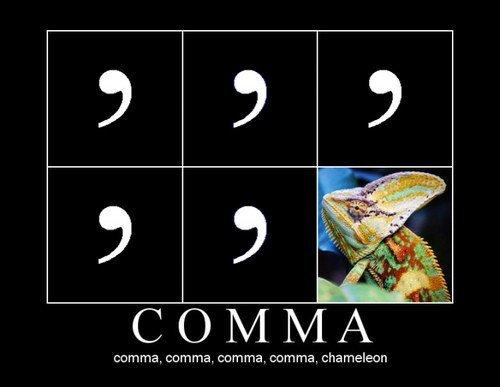
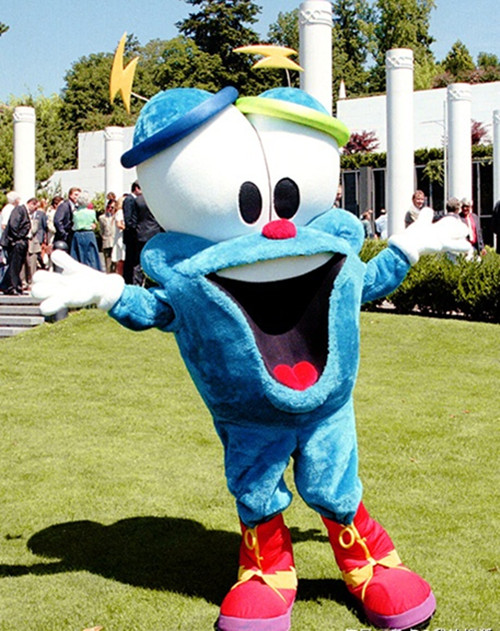

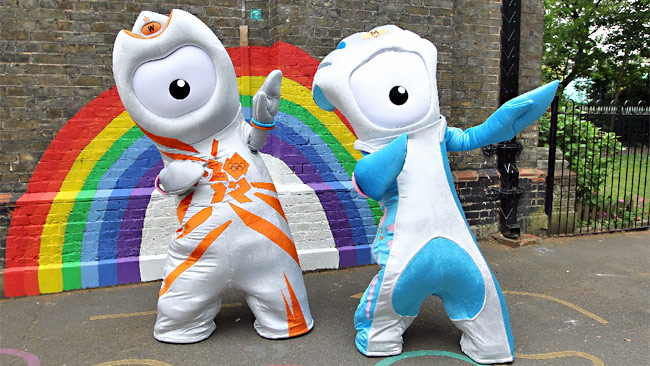
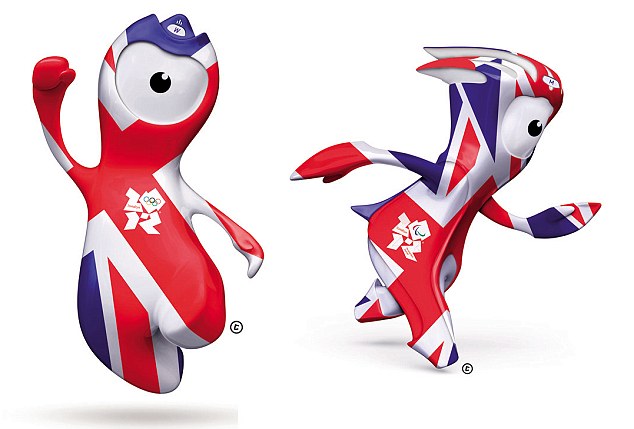
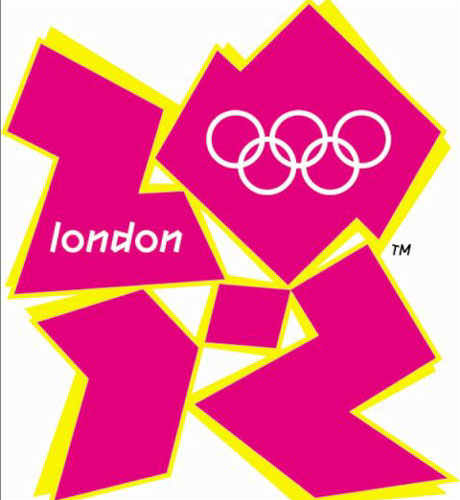
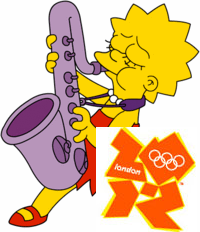
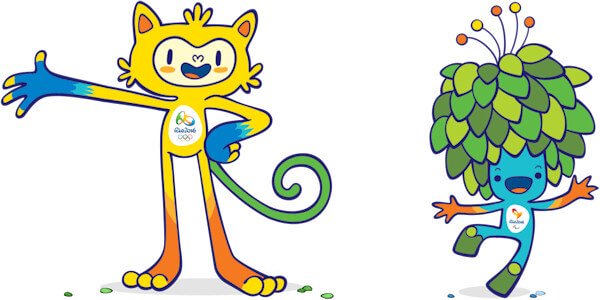



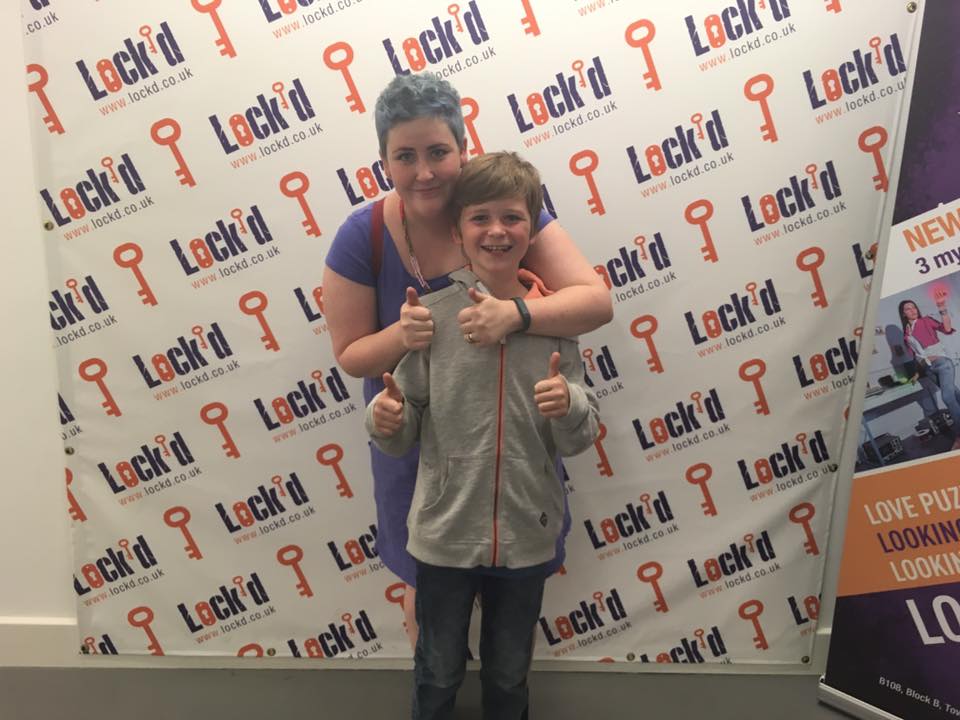
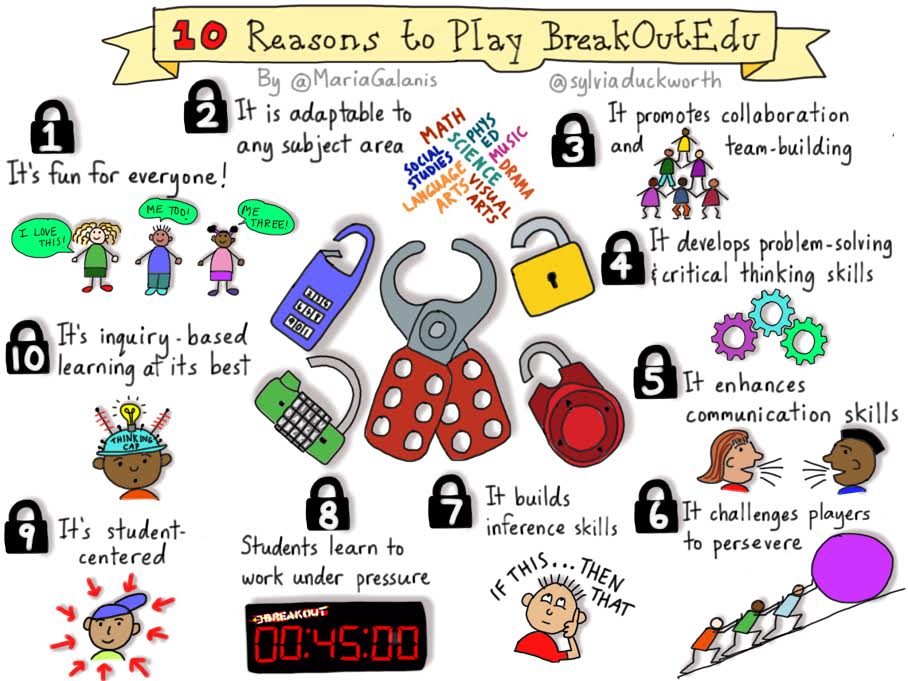
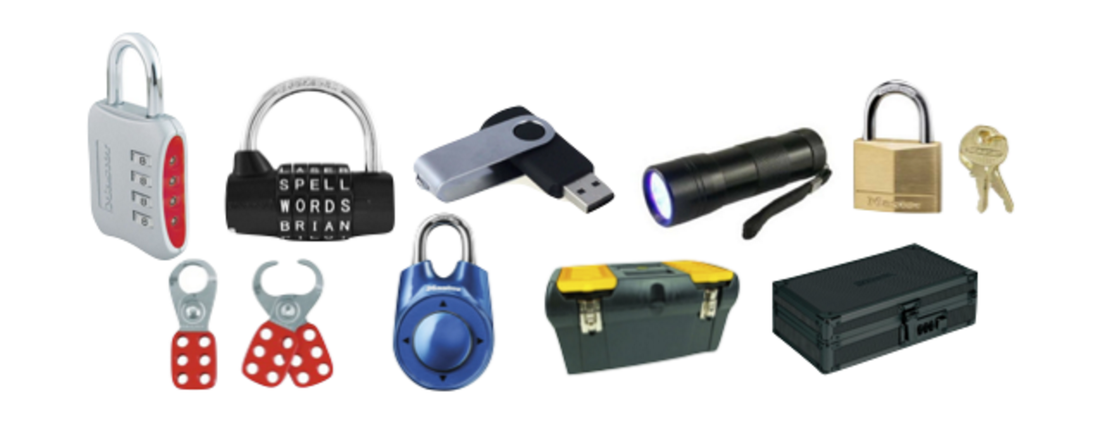
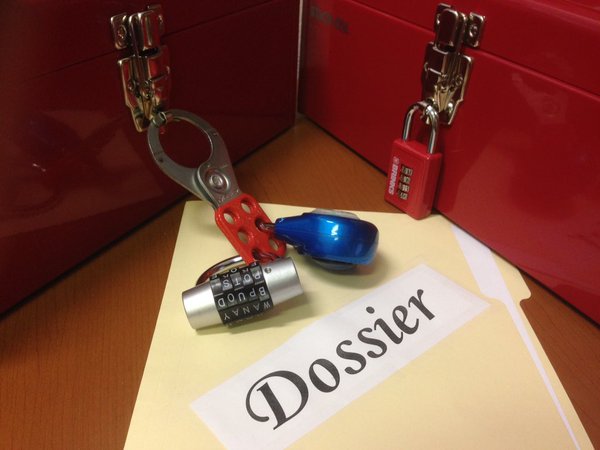
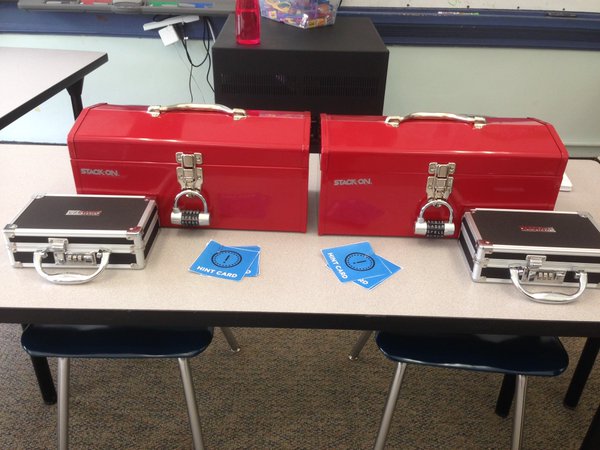
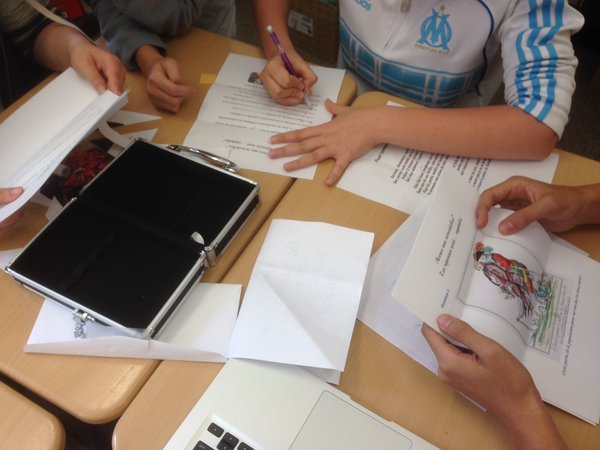

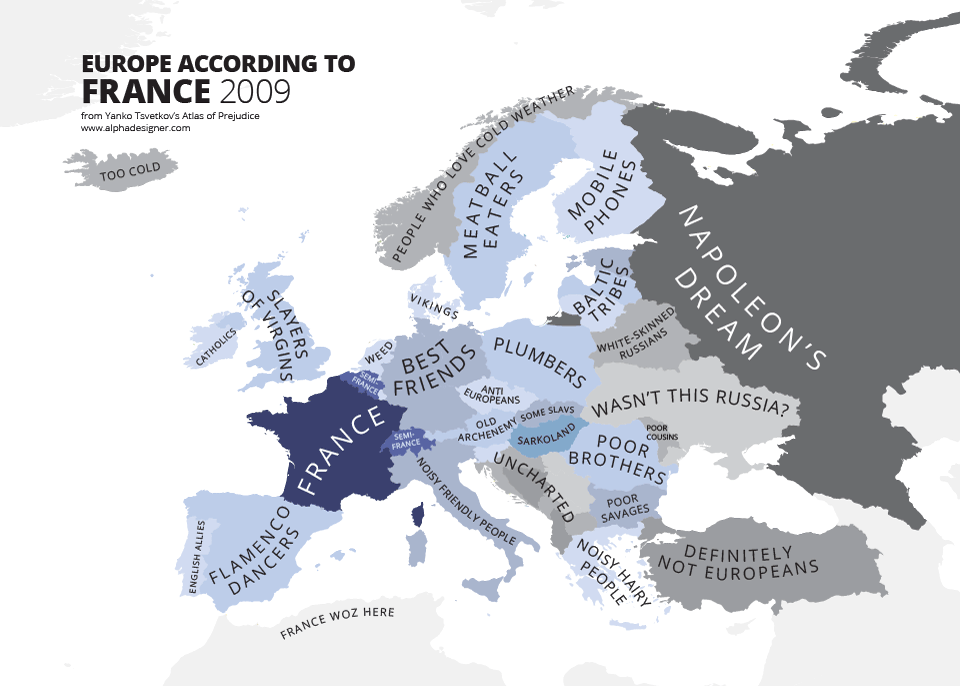
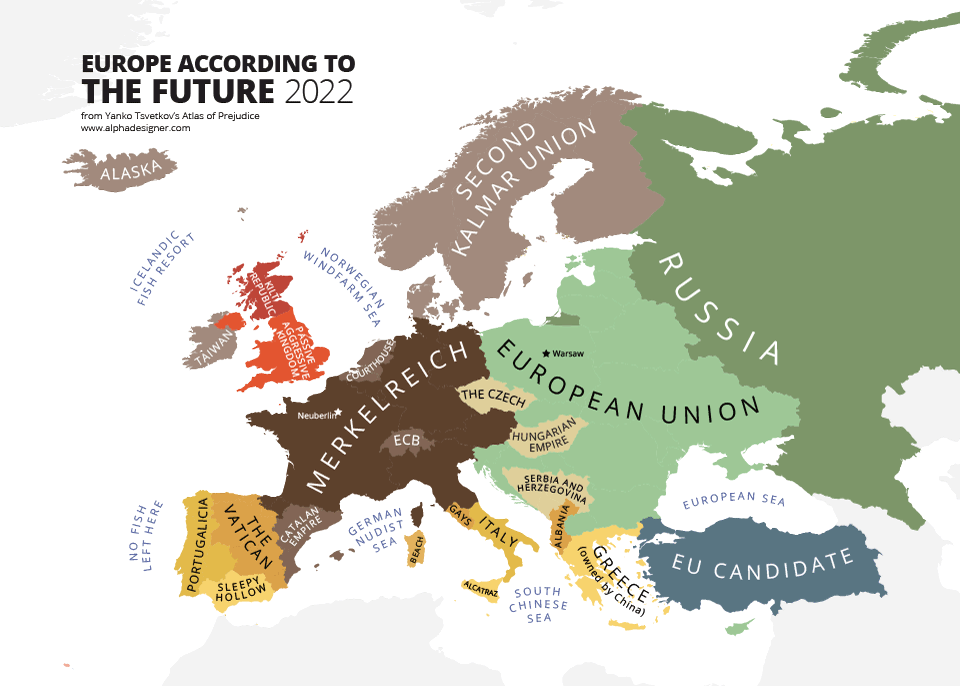
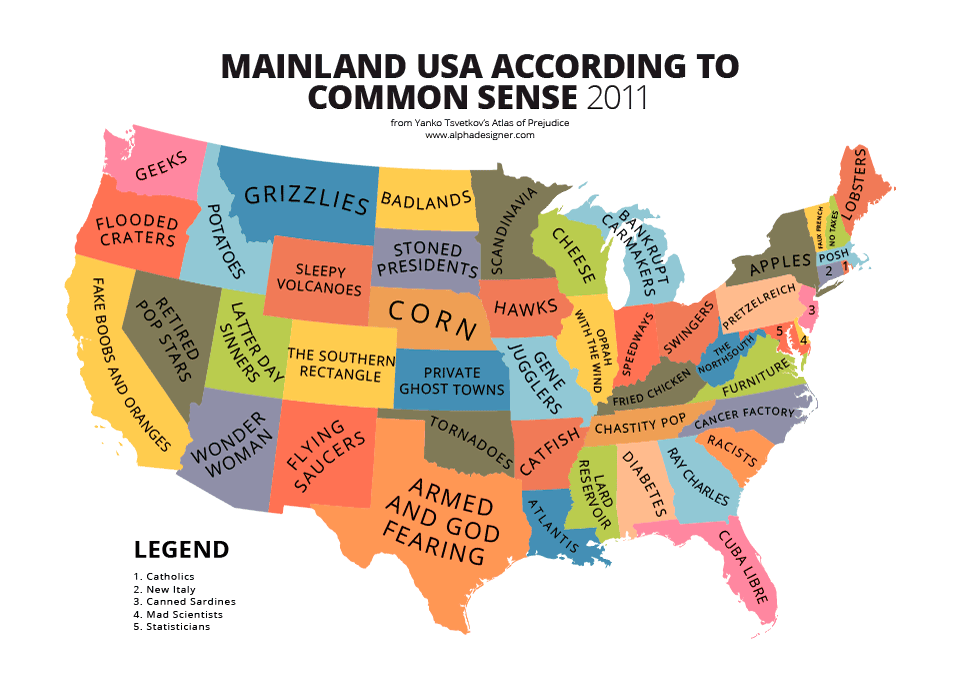
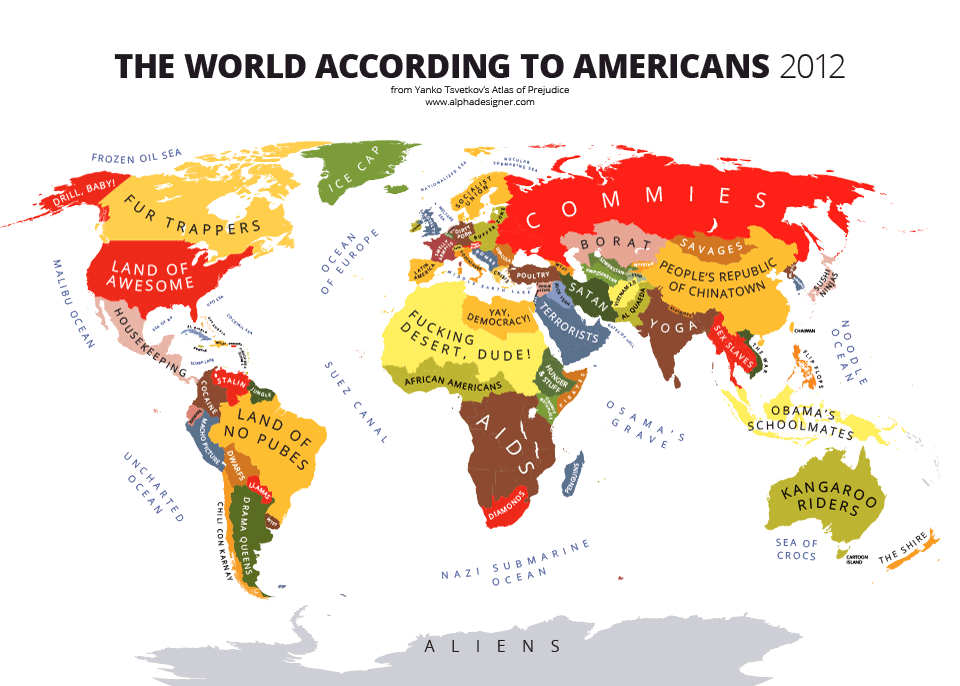

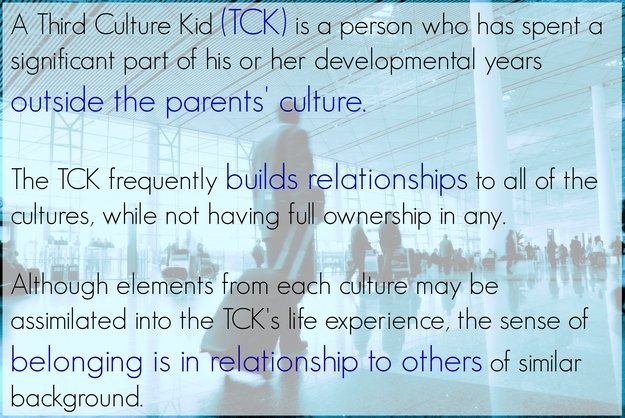
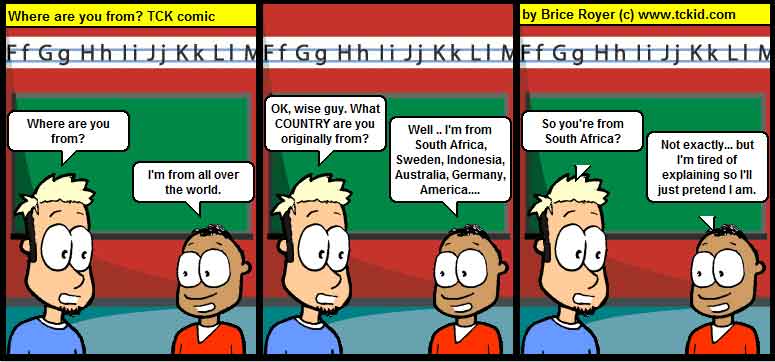
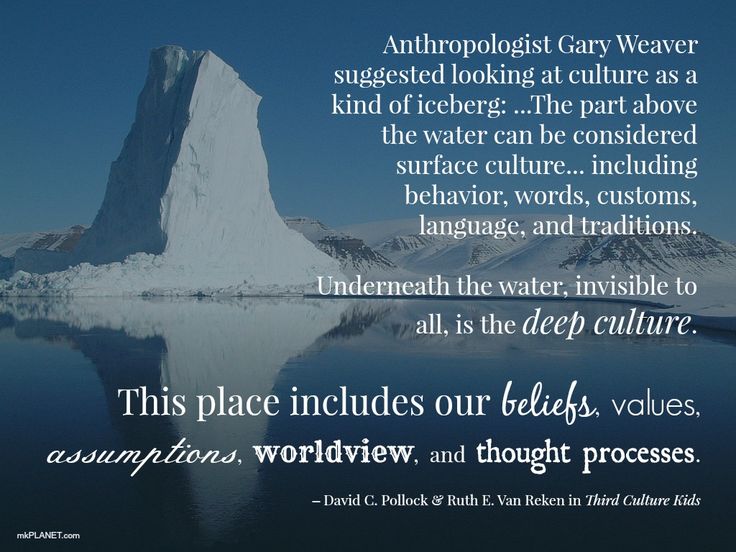
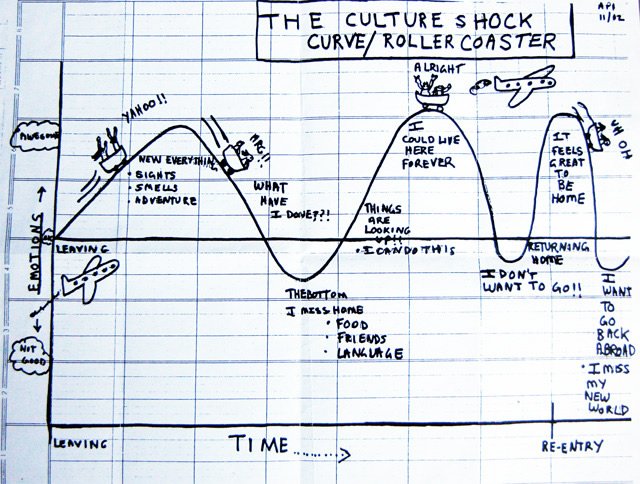
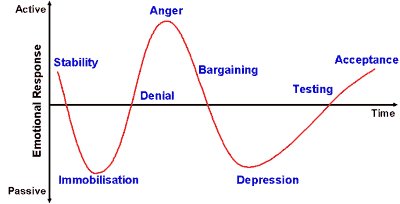
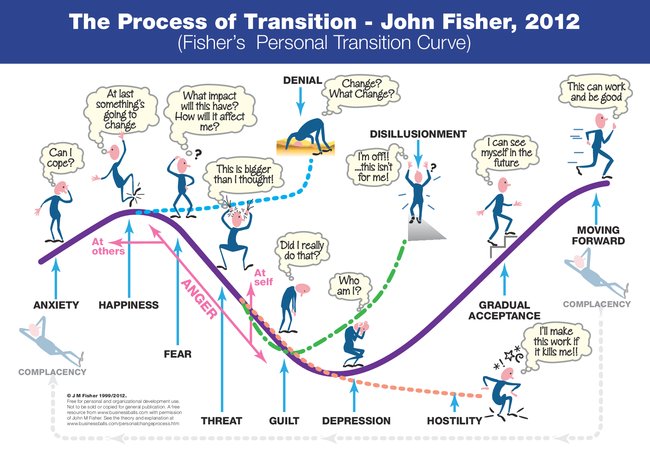
 RSS Feed
RSS Feed